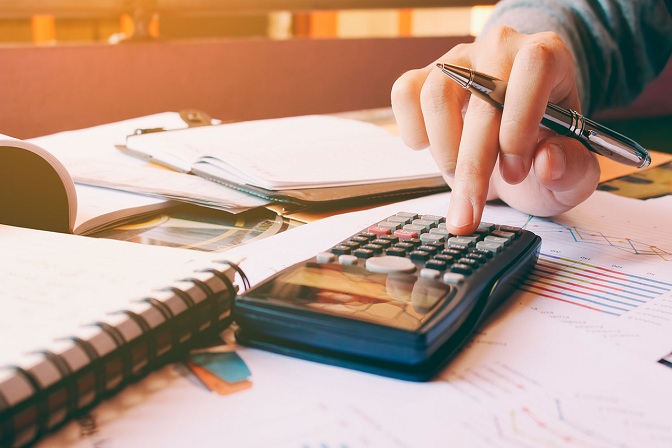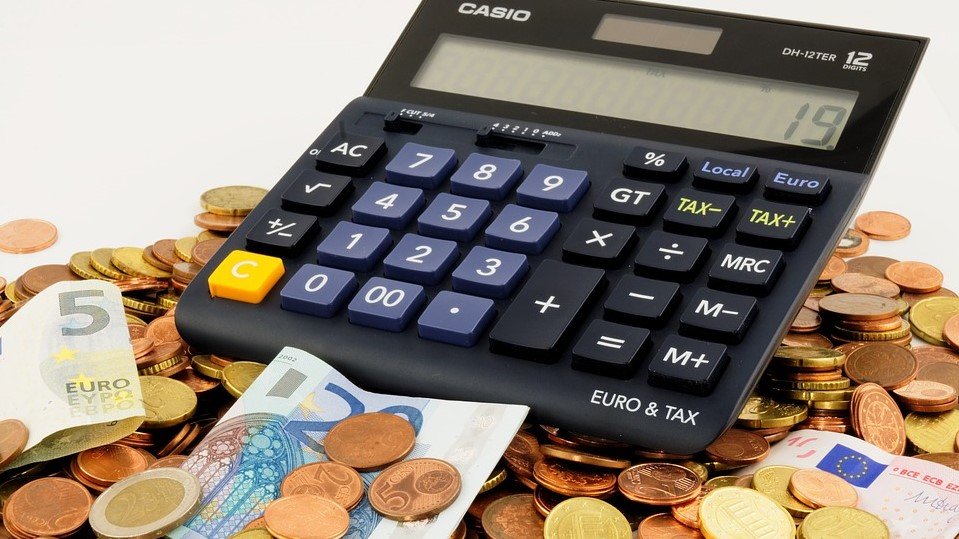
If you are self-employed and you are tired of having to juggle accounting to square your numbers at the end of the month, this post interests you, since we are going to tell you how you can pay less taxes being self-employed, and yes, complying with the law.
Because one of the biggest headaches for every self-employed worker is being able to pay all the taxes they have to face, especially when the expenses are not fixed and vary from month to month.
Aware of this, below we explain how to pay less taxes and you can take advantage of the different advantages of being autonomous,through a few small legal tricks that will be of great help and will allow you to save at the end of the month.
You are interested in:
What taxes should you pay while self-employed?
Before knowing how to pay less taxes,we will first review what taxes you will have to pay if you are self-employed to comply with the requirements established in the current legislation.
> VAT
First we have the Value Added Tax (VAT), which is an indirect tax that taxes consumption, but not the profits of taxpayers.
The VAT payment that you will have to make to the Treasury will come from the difference between the VAT that you have paid for the development of your activity and the one that your customers have paid you. In other respect, the difference between accrued VAT and input VAT.
In case the result is positive, you must pay the difference,and if instead it is negative you will have to leave to compensate until the 4th quarter, which you will have to ask for the refund.
> Personal income tax
On the other hand, there is the Personal Income Tax (IRPF), which is applied directly to the earnings of any person in active employment, regardless of whether they are self-employed or employed.
The withholding of personal income tax of the self-employed is carried out progressively, since the percentage to be paid increases as the tax base does.
You are interested in:
Form 036 or 037, that’s the question: What is their main difference and who should present them?
“Tricks” to pay less taxes by being self-employed

Once we know the main taxes that the self-employed must pay, we will see some small tricks to pay less taxes being autonomous, without breaking the law.
As we have already mentioned, the more a self-employed person earns the more taxes he will have to pay, but this can also be applied in reverse.
And it is that if a self-employed person subtracts from his economic amount a series of usual expenses of his economic activity, the payment of taxes will be reduced. Therefore, below we will review the main deductible expenses for a self-employed person,regardless of the economic activity they carry out.
Pension plans
If you have a pension plan, all the contributions you make can be deducted from the total percentage of Personal Income Tax to be paid. But of course, the law establishes a series of requirements that must be met to benefit from this reduction:
- Maximum limit of 8,000 euros per year.
- Contributions to the pension plan must be made before December 31 of the corresponding fiscal year.
That said, investing in pension plans will help you pay less tax by being self-employed,as well as being an investment in a better future.
Health insurance
Another of the biggest headaches of the self-employed is getting sick and having to apply for leave from work. Faced with this situation, many self-employed people choose to take out private health insurance.
You are interested in:
This is a good option that will allow you to be protected against a possible absence from work, to which we must add that health insurance is a deductible expense,regardless of whether it is your own insurance or for the family.
However, the law states that up to a maximum of 500 euros per year can be deducted. Also, in the case of family health insurance, children must be under 25 years of age.
Work from home
Another measure to pay less taxes being self-employed is to work from home, since in this way you can deduct up to 30% of the part that affects the economic activity:
- Amortizations of the mortgage.
- Quota of the community of owners.
- Real estate tax.
In order to apply this deduction you must communicate it to the Treasury when registering self-employed through Form 036. If you need help, you already know that you can contact the specialized tax advisors of AYCE Laborytax, who will be happy to help you apply this deduction in the most effective way.
Expenditure prior to the commencement of the professional activity
You must also take into account the expenses prior to the start of your activity as a self-employed professional,although this will only be valid for people who register as self-employed for the first time.
If this is your case, you can request the registration for VAT and Personal Income Tax purposes even if you are not operational,in order to apply the corresponding deductions for the expenses of your activity.
Of course, once you begin to develop your activity you must proceed with the definitive registration as self-employed.
conclusion
All self-employed workers have to face a series of tax obligations every three months and at the end of the year, which generates serious headaches when it comes to reaching the end of the month. Although the most advisable thing to pay less taxes being autonomous and comply with the law is to have the help of a business consultancy,
with the small tricks that we have given you you can reduce the amount of taxes you will have to pay and save money at the end of the month.








